 |
 |
 |
|---|
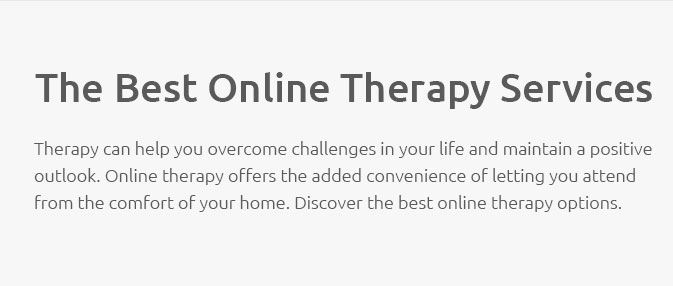 |
 |
|---|
 |
|
|---|---|
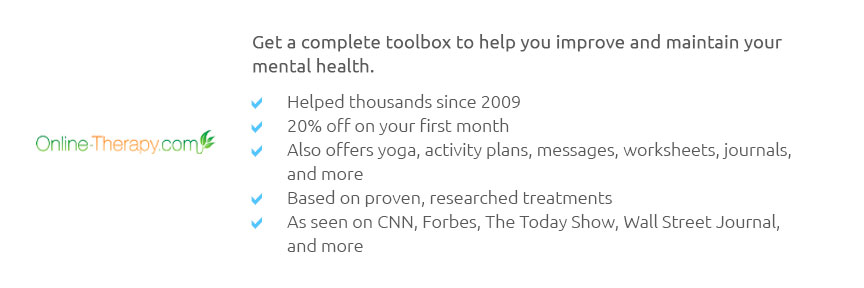 |
 |
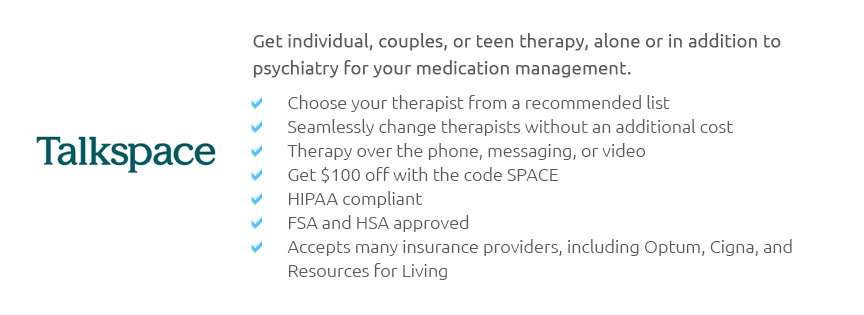 |
 |
 |
 |
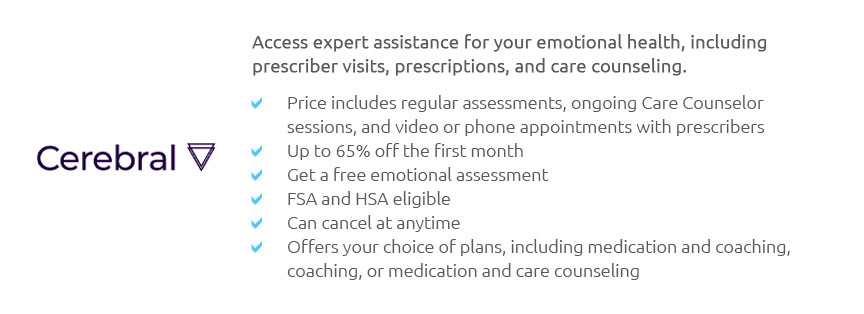 |
 |
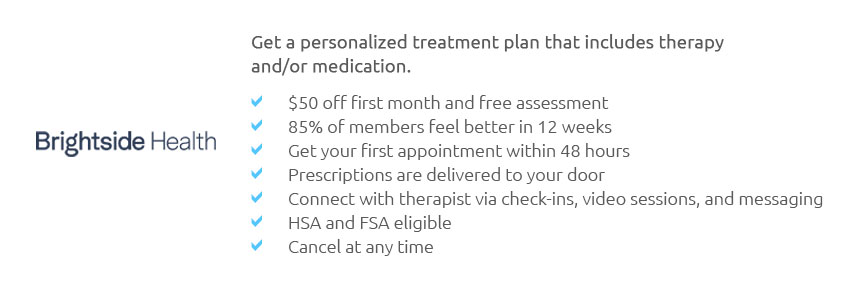 |
 |
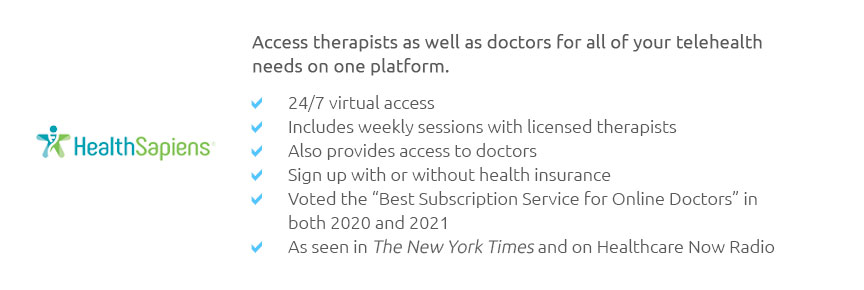 |
 |
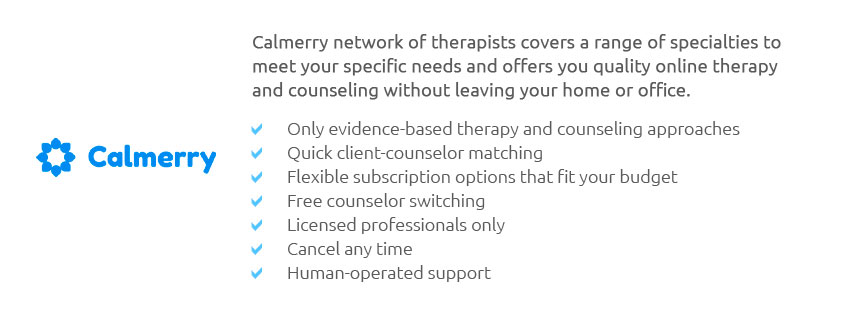 |
 |
 |
 |
|---|
How to Go See a Therapist: A Comprehensive Guide for BeginnersDeciding to see a therapist can be a significant step towards improving your mental health. Understanding how to navigate this process is essential for a successful experience. Understanding the Benefits of TherapyTherapy can offer numerous benefits, such as providing support during difficult times and helping you develop coping strategies. It's important to recognize these benefits to motivate yourself to begin therapy. Emotional SupportTherapists offer a safe space to express your thoughts and feelings without judgment. This can be incredibly healing and empowering. Developing Coping StrategiesTherapists can equip you with tools and techniques to handle stress, anxiety, and other emotional challenges effectively. Finding the Right TherapistFinding the right therapist is crucial for a positive therapy experience. Consider factors like specialization, approach, and compatibility.
For instance, if you're in West Virginia, you might consider seeking therapy martinsburg wv to find local specialists. Preparing for Your First SessionPreparing for your first therapy session can help ease anxiety and ensure you make the most out of it. Set Clear GoalsIdentify what you hope to achieve through therapy. Setting clear goals can guide your sessions and measure progress. Be Open and HonestHonesty is crucial in therapy. Openly share your thoughts and feelings to get the most benefit from your sessions. Understanding the ProcessTherapy is a journey that can take time. Understanding the process can help set realistic expectations and encourage perseverance.
For those in Washington, considering therapy petworth can connect you with therapists familiar with the local community's needs. FAQsWhat should I expect in my first therapy session?In your first session, expect to discuss your reasons for seeking therapy, your personal history, and any specific goals you have. It's a time for both you and your therapist to get to know each other. How often should I see my therapist?The frequency of sessions depends on your individual needs and goals. Many people start with weekly sessions and adjust as needed. Is therapy confidential?Yes, therapy is confidential. Therapists are bound by ethical guidelines to protect your privacy, with certain exceptions such as risk of harm to yourself or others. https://kidshealth.org/en/teens/therapist.html
Therapists guide you to see how your feelings, thoughts, choices, and actions affect each other. Learn things. Therapists teach lessons about emotions ... https://www.reddit.com/r/internetparents/comments/11i7nu6/i_desperately_need_therapy_but_i_have_no_idea/
Most therapist will start with a phone chat and you can just kinda vibe with them. Choosing a therapist is kinda like dating. You need to feel ... https://www.choosingtherapy.com/how-to-start-therapy/
At the beginning of your first session, the therapist will likely introduce themself and go over some of the basics about therapy, like their ...
|
|---|